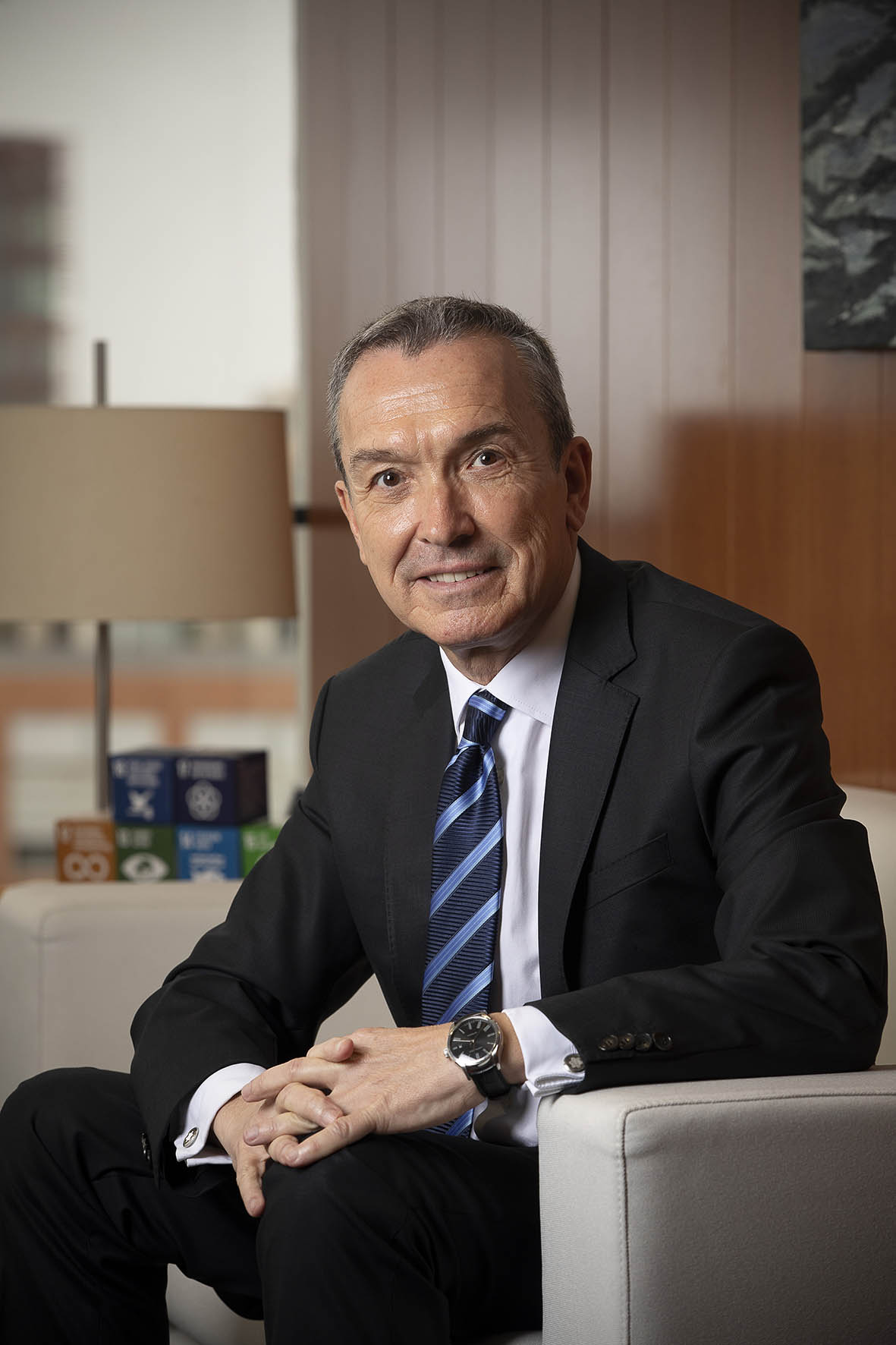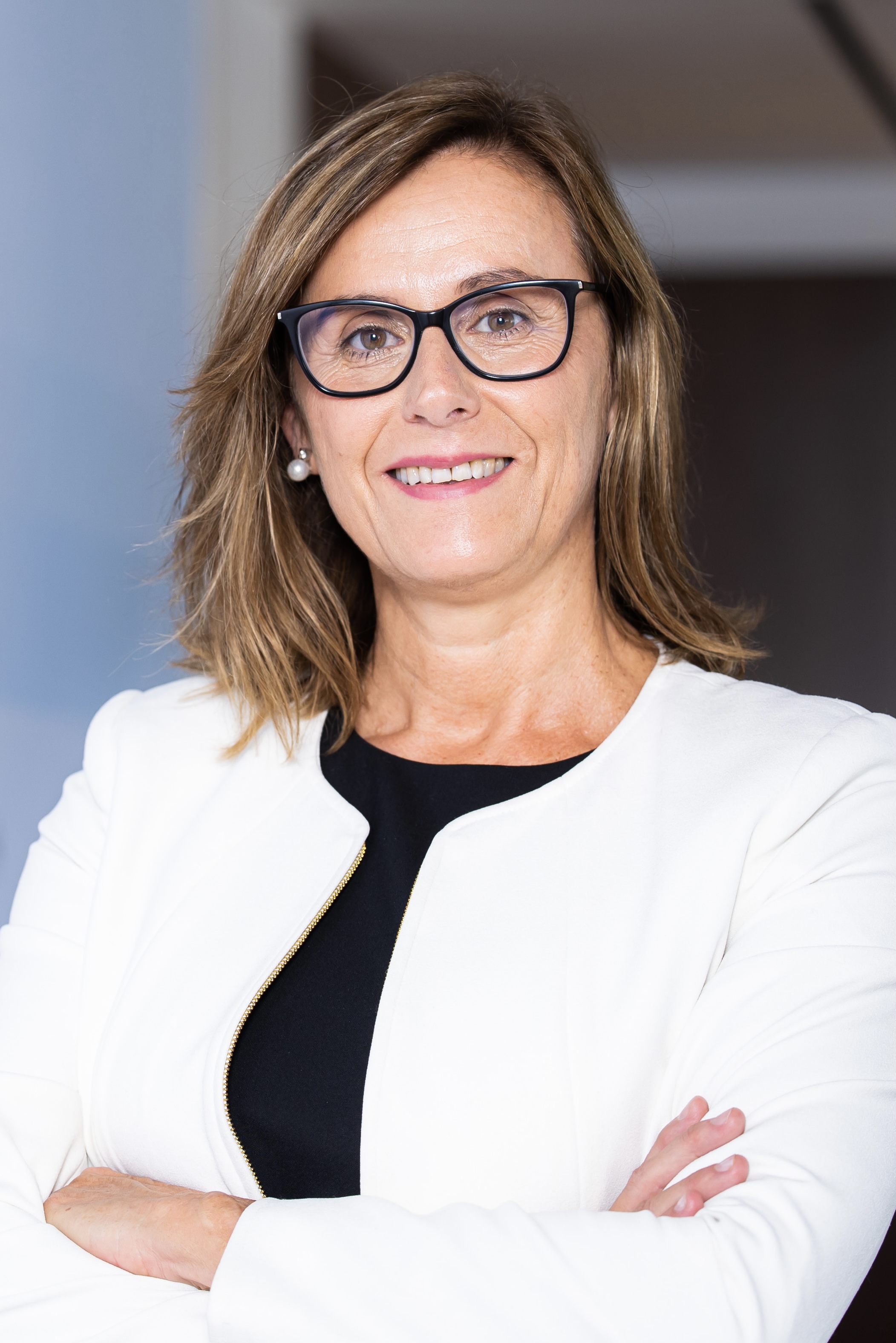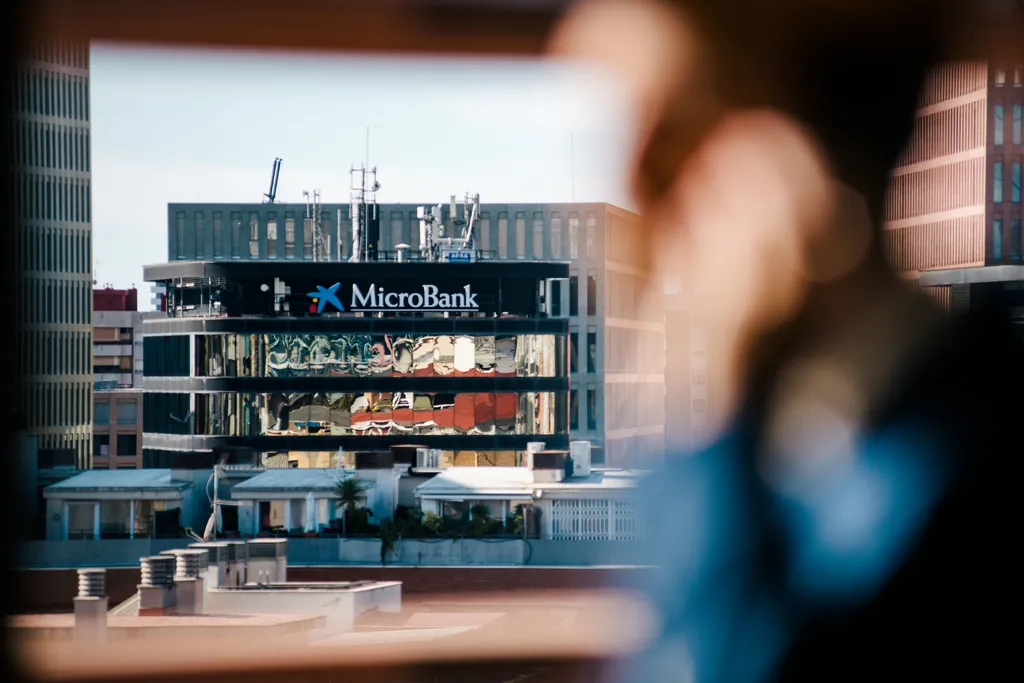Financial crises are sometimes used as evidence that banks’ profitability can come at the expense of customers and communities. But those who take this view, forget the crucial idea that financial institutions also have a social mission and are uniquely placed to have a large positive social impact, if they are run with that in mind.
In Europe, an example of this is MicroBank, a wholly-owned subsidiary of Iberian leader CaixaBank, whose entire business model is, essentially, a project to drive financial well-being and progress throughout all levels of society and community. Through its operations, the bank contributes to economic growth and job creation, to financial inclusion, and to generating a positive social impact.
€8 billion in social financing
MicroBank is the biggest microfinance bank in Europe and has just celebrated its 15th anniversary. Since inception, it has financed over €8 billion in almost 1.3 million social projects in Spain and across sectors as diverse as social economy, education, innovation and health.
We have demonstrated as a financial institution that we are able to adapt to changing circumstances, always prioritising support for the most vulnerable groups, and will continue working towards financial inclusion, progress and wellbeing
Juan Carlos Gallego, chairman of MicroBank

Of that €8 billion, more than €5.1 billion was in the form of micro-loans primarily directed at vulnerable families, while more than €2.6 billion was granted to launch or consolidate entrepreneurial businesses and micro-enterprises.
Since its founding, MicroBank’s operations have led directly to the creation of approximately 300,000 jobs, and more than 96,000 new businesses. In addition, more than €700 million to date has been used to fund the social economy, education, innovation, and health projects.
In the first half of 2023, MicroBank signed 62,463 contracts in Spain worth a total of €634 million – 11% higher than the same period of 2022. The MicroBank line of activity that experienced the greatest growth was responsible for granting micro-credits to entrepreneurs and micro-businesses, with a total of 9,634 operations in the first six months of the year – up 31.3% on the same period a year ago.
Furthermore, in financing volume, MicroBank contributed €126,79 million to the recovery of the business sector, an increase of 31.6% compared to the same period last year. The average amount of micro-credits provided to businesses was €13,161.
“We have demonstrated as a financial institution that we are able to adapt to changing circumstances, always prioritising support for the most vulnerable groups, and will continue working towards financial inclusion, progress and wellbeing,” says Juan Carlos Gallego, chairman of MicroBank.
Funding female entrepreneurs
A key element of MicroBank’s mission is the financing of entrepreneurs, self-employed workers and micro-enterprises with the aim of helping to start up or consolidate small businesses. In 2022, some 17,455 direct jobs were created with support for entrepreneurs, and 5,876 businesses were launched with the financial support provided by the bank.
In the same year, the businesses supported by MicroBank contributed €4 billion to the Spanish economy, which is equivalent to 0.3% of GDP. According to a study by Stone Soup Consulting and KPMG, 69% of entrepreneurs believe that they could not have started their business, or could have done so but with great difficulty, without the MicroBank loan.
In line with its commitment to financial inclusion, the bank has a great track record of financing female entrepreneurs. Last year, close to half (46%) of the beneficiaries who used the micro-credit to start up new businesses were women.
In order to be able to keep moving forward and support women, MicroBank has specific collaboration agreements to support female entrepreneurship. This includes, for example, the agreement with the Spanish Women’s Institute through its Women’s Entrepreneurial Support Programme (PAEM), which is implemented through the chambers of commerce. The programme aims to provide information, advice and business support to women to promote self-employment and entrepreneurship.
A great example of this is Splash Baby Spa, a company which specialises in providing babies with aquatic stimulation and massage therapy to boost their motor, cognitive and personal development. The company was founded by Andrea Martín who was inspired to do so from her own experience. Her first baby was born prematurely causing concern about him developing correctly. This led her to found Splash Baby Spa.
However, to launch it successfully, Martin needed financing and for this she needed a bank that was prepared to provide a loan as well as the business planning and advisory support she needed.
MicroBank stepped-in and granted a €25,000 loan to Martin to launch the project without the need to obtain a guarantee.
Innovative financing
MicroBank is also a key funder of innovative projects. Borja Templado identified a need for educational institutions, schools, teachers and parents to provide extra-curricular technological training with a strong commitment to educational robotics.
We are committed to further increasing our impact in 2023 and to forging new alliances to strengthen our social purpose and consolidate our social banking management model
Cristina González, MicroBank’s general manager

As such, he founded a company called Robots in Action, which is grounded on Templado’s belief that he was creating an essential learning methodology to improve the future employability of new generations. Through learning based on robotics and coding, the programme educates children between the ages of three and 16 in STEAM disciplines with the aim of making them technologically literate and well prepared for the modern world.
Thanks to MicroBank’s €30,000 loan, Templado was able to scale up his business and reach more people. Today, Robots in Action is a firmly established venture in the field of educational robotics, a sector with a strong social impact as it helps to empower young people today for tomorrow’s world of work.
Collaboration across borders
Key to MicroBank’s success – and a lesson for other institutions who wish to increase their social impact – is its relationships with stakeholders.
CaixaBank, which is one of them, has supported MicroBank since its inception. It has helped finance its growth and commercialise its products via more than 3,600 branches of its commercial network. Moreover, MicroBank works with 101 city councils, 41 chambers of commerce, 100 non-profit organisations, nine universities and schools and 40 other local and regional entities.
The bank has also been recognised for its model beyond Spain, collaborating with several European institutions including support from those dedicated to promoting entrepreneurship and microfinance – the European Investment Fund (EIF), the Council of Europe Development Bank (CEB), and the European Investment Bank (EIB).
In 2022, EIF, CaixaBank, and MicroBank, reinforced their support for Spanish small and medium sized enterprises and mid-caps by providing them with guarantees worth €637 million through the first InvestEU portfolio guarantee agreement in Spain. CaixaBank and MicroBank will use these guarantees to mobilise more than €1 billion in financing that will help firms to reach their full potential.
As Marjut Falkstedt, CEO of the EIF, states: “We are delighted to be working with MicroBank to facilitate access to financing for the self-employed and micro-enterprises in Spain. Our goal is to help Spanish companies that move towards a greener, more digital and inclusive future and, in this sense, our vision fully aligns with that of MicroBank.”
Ambitions for future growth
Growth is paramount for MicroBank and over the past 15 years the bank has grown from strength to strength. As it embarks on the next few years, Cristina González, MicroBank’s general manager, says that the bank will continue to focus on projects that generate a positive social impact.
“At MicroBank, we have targeted our efforts towards ensuring that no one is left on the sidelines in this highly complex context,” explains González. “We are committed to further increasing our impact in 2023 and to forging new alliances to strengthen our social purpose and consolidate our social banking management model”.
This is the fourth article in a series produced by CaixaBank. Other articles in the series can be viewed on the following links:





